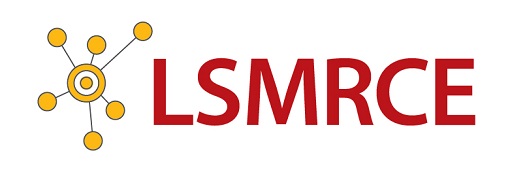| General adherence to the Abstract Guidelines |
The abstract does not follow the abstract guidelines, components are missing, or the abstract exceeds the 250-word count maximum. |
The abstract appears to have the correct format and components but does not meet all the guidelines or contains errors. |
The abstract adheres to all the abstract guidelines, appears well-formatted, and contains all components. |
__/6 |
| Title |
The title is missing or not informative. |
The title is informative and appropriate, yet is incomplete, contains errors, or is written in an unscientific tone. |
The title is complete and informative and written in scientific terms. |
__/6 |
| Author Names, Department and School Affiliation |
The author(s), the departments, or the school affiliations are missing. |
The authors, department, and school affiliations are present but do not fully follow the format guidelines. |
The authors, departments, and school affiliations are present and adhere to the format guidelines. |
__/6 |
| Overall Abstract Body |
The abstract is poorly written, leaving questions about the purpose and relevance of the research. |
The abstract is mostly well written and makes a good case for the importance of the research. |
The abstract is well-written, concise, void of mistakes, and convinces the reader of the importance of the research. |
__/6 |
| Purpose and Methodology |
The purpose and methodology are missing. |
The purpose and methodology are present but lack clarity or are not stated in scientific terms. |
The research purpose and methodology are clear and are stated using scientific terminology. |
__/6 |
| Results |
The results are missing, not complete, or not relevant to the experiment. |
The results are provided but lack numerical data or clear alignment with the research question. |
The results address the research question and are presented using numerical data. |
__/6 |
| Conclusions |
The section is missing or does not reflect knowledge relevant to the experiment. |
The conclusions provide some insight into what these research results mean in the context of their research but lack an understanding of larger implications. |
The conclusions are based on the results and provide clear implications for their research as well as in the larger context. |
__/6 |
|
|
|
Total Score: |
__/42 |

